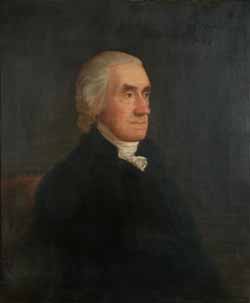When Balch Came Back
On 23 December, the Providence Gazette reported on news from the preceding days:
Captain Gorham is arrived at Nantucket from London, after a Passage of eleven Weeks. With him came passenger Mr. NATHANIEL BALCH, late of Boston.Balch was soon on the mainland. On 20 December, the Boston court official and insurance broker Ezekiel Price, taking refuge from the siege in Stoughton, wrote in his diary:
Mr. Bailies, from Taunton, says that Mr. Nathaniel Balch was there last night. He is lately from London, and reports that the great men in England are against us, but that the common people are in our favor.However, four days later Price wrote that young Benjamin Hichborn had told him:
Mr. Balch says our Boston gentry that lately went to England were, most of them, very desirous of getting back; that the people there in general were against us, and continually threatening to scourge us till they had obliged us to submit.I don’t trust Hitchborn about anything. But the discrepancy between Price’s entries may simply be due to him using the word “people” to refer to two different groups: ordinary people as opposed to “great men” in his first entry, British gentry as opposed to Loyalist gentry in the second.
Finally, there’s a mention from Isaac Smith, Sr., father of one of the men Balch had sailed and seen some sights in London with. Smith wrote to his niece’s husband, John Adams, on 2 Jan 1776:
Itts likely you may have heard Mr. Balch is returnd from England but came Out the begining Octbr. so cant bring any thing New of a publick Nature tho possibly he may of his One invention.Balch’s own invention might have meant private information he’d picked up, though, knowing him, it might just as well have been some new funny stories. I haven’t come across any other references to Massachusetts men debriefing the hatter about his trip.
Which means I still have the mystery of why Balch went to Britain at all.
TOMORROW: Post-war legends.






